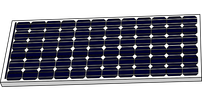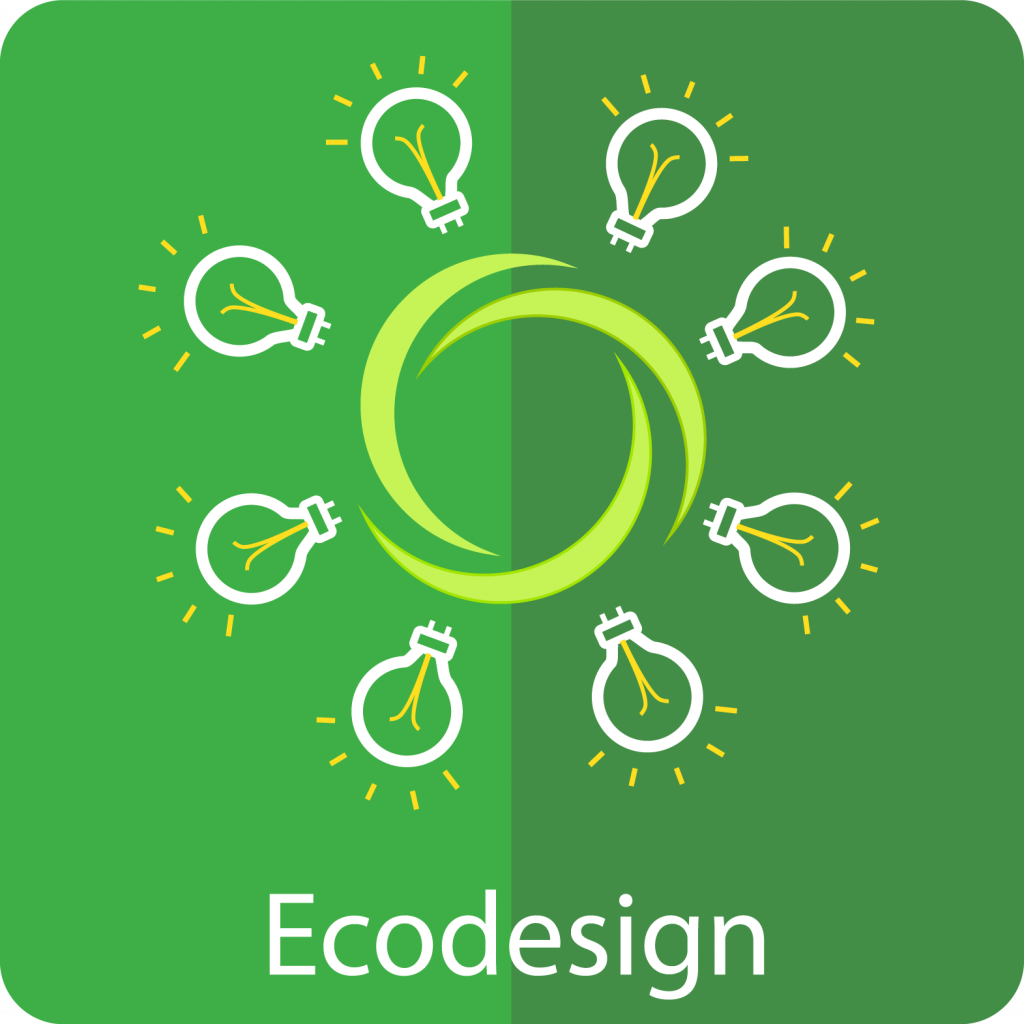Why Blue Angel Logo?
The Blue Angel Ecologo (De: Blauer Engel) is a voluntary labeling program for products and services. The label is awarded to products within dozens of categories in the German marketplace and across many unique sectors. The Blue Angel logo demonstrates that a product has assessed all possible impacts over the complete life cycle.
In this way, a product bearing the Blue Angel logo has shown a clear and thorough dedication to health and the environment. Blue Angel does not directly compare products in the same class to determine which is “better”. Instead, each candidate gets assessed according to product-specific regulation criteria. The label is then awarded based on performance and production.







